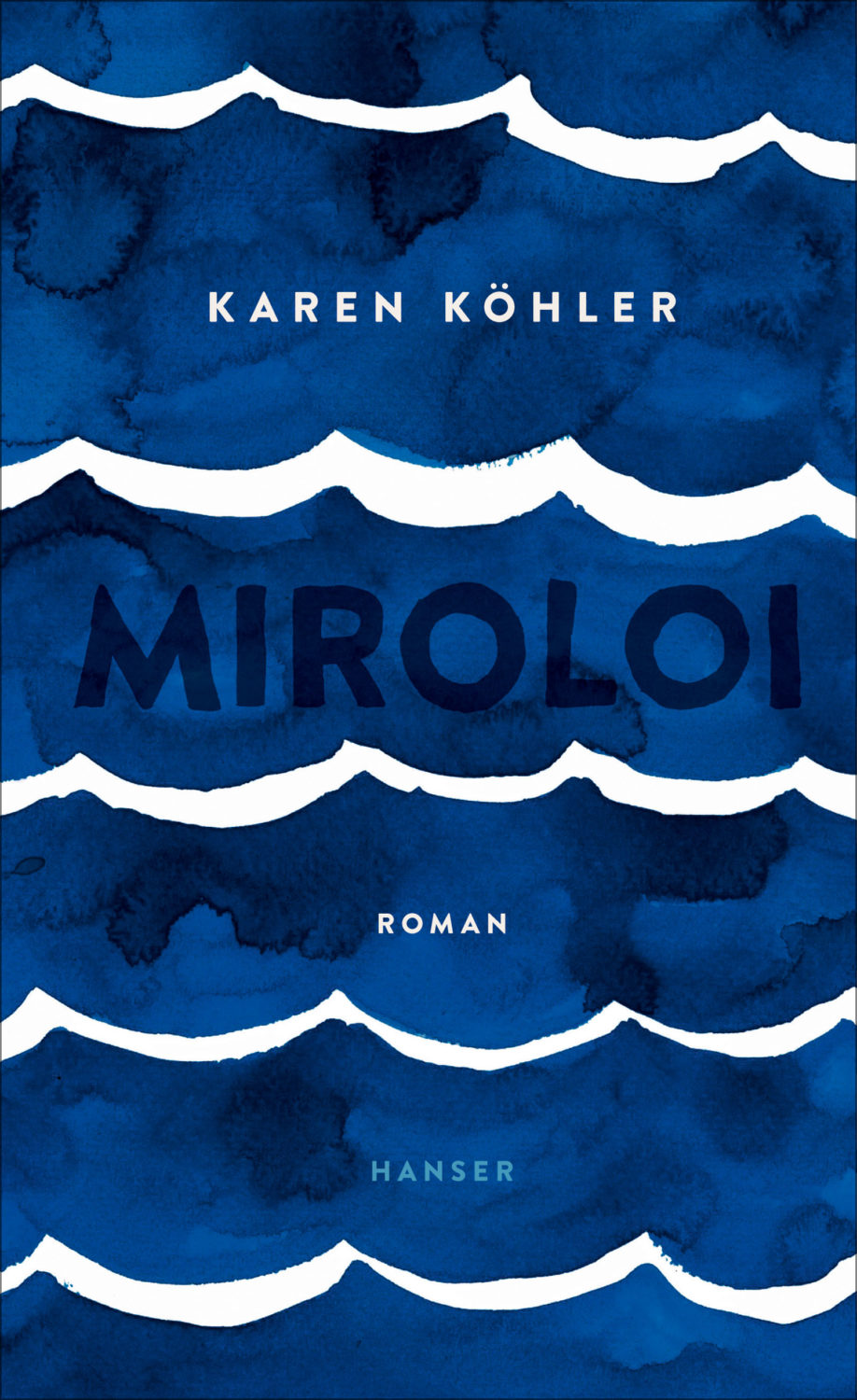review
Karen Köhler’s outstanding debut novel is set on a secluded island where the inhabitants cling to archaic patriarchal laws and customs. In this dystopian parable for our times, a young female outcast defies the rules in the face of conservative forces intent on taking over.
The ‘miroloi’ refers to an island tradition in which the song of somebody’s life is sung at their death. The life-story narrated here is a universal fable of female emancipation – the story of a seventeen-year-old girl without a name. The girl was found as a baby, and as nobody knew who her parents were, she was denied a name. The rules in the village where she lives are defined by the council of elders, who assign everybody’s name and decide who is allowed to marry whom. Nobody from the outside world is allowed to enter this isolated community. Women are forbidden to read or write. When she was small, the girl was molested by her teacher and tried to run away. The beating she endured for her disobedience has left her permanently crippled in one leg.
With the protection of the village priest and Maria, one of the older women, the girl still feels loved, even though her life is limited. She flouts the rules by making friends with another woman in the village and falling in love with a young man from the monastery named Yael. Yael gives her a name, Alina.
When the village elders introduce even more draconian rules, Alina is deprived of her home and forced to live in a chicken pen. She discovers she is pregnant and shortly afterwards she and Yael are caught together. The elders rule that Yael must be killed while Alina is punished by being tied to a pole and stoned. Miraculously, she and her unborn baby survive and she is given refuge by the miller outside the village. Alina decides to flee the island before giving birth. But before leaving, she sets the village on fire with the help of Maria and some other women who have started the final rebellion against male oppression. As she tries to swim away from the island, her strength leaves her and Alina begins to sing the miroloi of her unborn child.
Köhler’s pleasingly spare narrative style is lyrical and rhythmical, and ideally suited to her subject matter. Miroloi combines a suspenseful plot with feminist socio-political critique that will appeal to fans of Margaret Atwood’s The Handmaid’s Tale.



All recommendations from Autumn 2019